Agricultural Policy Projects


Mapping of the agricultural knowledge and information system actors and identification of assets and gaps in the system.
Read more
SCO looks for the opportunity to enhance the viability and competitiveness of sustainable mountain tourism development in the South Caucasus countries.
Read more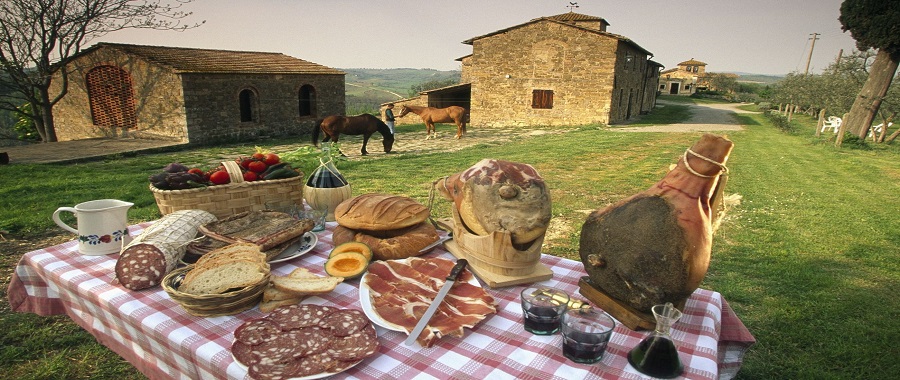
The APRC is conducting a Regulatory Impact Assessment (RIA) of the Draft Law on Agritourism. Based on the findings, the RIA team will provide recommendations on policy options for implementing the proposed regulation in an inclusive and sustainable way.
Read more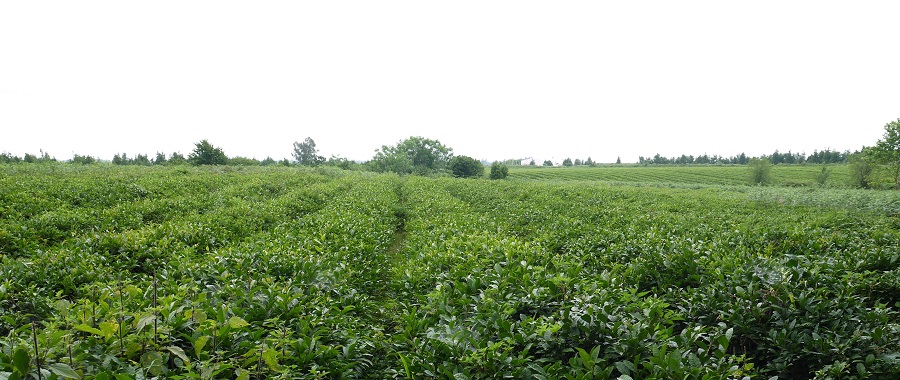
A study of the Georgian tea sector’s competitiveness has been undertaken to reveal the potential for investment.
Read more
What alternative energy sources can be used in mountainous regions of Georgia to ensure energy security, equity and environmental sustainability?
Read more
Results of the analyses are expected to contribute to the assessment of changes in trade patterns between Georgia and CAREC countries due to upcoming EU food safety regulations and standards as well as potential costs associated with those restrictions for both parties.
Read more
Assessment of the national water policy, as well as the needs and challenges associated with strengthening a long-term vision of the water policy framework of Georgia.
Read more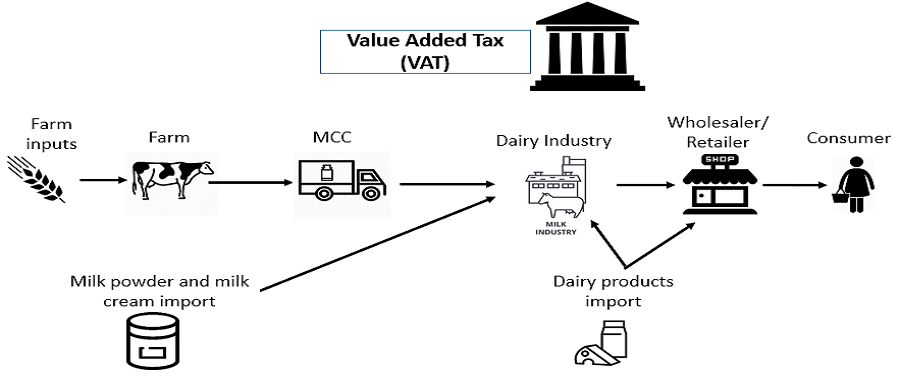
Can VAT exemption on dairy products produced from domestic raw milk boost the competitiveness of Georgian dairy sector?
Read more
From September 2018 to November 2018, APRC conducted a B2B market study for a private party.
Read more
Strengthening capacity of business support organizations on DCFTA and SME related policies.
Read more
APRC conducted a Regulatory Impact Assessment (RIA) of the Draft Law on Windbreaks and provided recommendations on policy options for implementing proposed regulation in inclusive and sustainable way.
Read more
APRC conducted a research on the current situation of land registration process in Georgia, analyzed ongoing land reform and outlined the challenges of land market development in the country.
Read more
Assessment of the project effect on incomes generated in small farmer families involved in the livestock rearing in Kakheti region.
Read more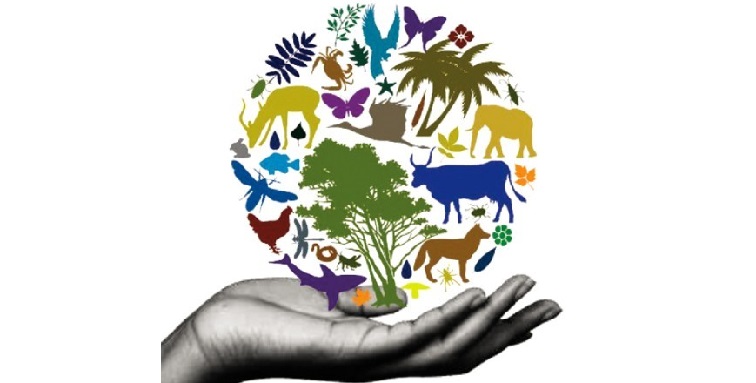
ISET-PI is working on a Regulatory Impact Assessment (RIA) on the Draft Law of Georgia on Biodiversity. This project will emphasize the consideration of Sustainable Development Goals in the RIA approach.
Read more
The main purpose of the study is to analyse the current development status of the organic hazelnut sector in the key hazelnut producing areas of Georgia (Zugdidi, Tsalenjikha, Vani) and understand entire core process of the value chain from production to processing, and marketing.
Read more
APRC will carry out an assessment of enterprise performance of agricultural cooperatives after conducted training and development programs, and will identify further steps and areas of the improvement.
Read more
APRC is working on a research to inform the Ministry of Environment and Natural Resources Protection of Georgia on the costs and benefits of climate change adaptation measures in agriculture of Georgia.
Read more
The objective of this research is to conduct a participatory evaluation of the pilot projects in Akhmeta/Tusheti region of Georgia implemented by Integrated Biodiversity Management, South Caucasus Program. Pilot measures include interventions related to spatial planning/land-use planning, winter school, sustainable forest management, sustainable pasture management and bio-engineering aiming at the sustainable management of biodiversity and ecosystem services.
Read more
This project aims to support the development of business-oriented small farmer groups (e.g., agricultural cooperatives) with the goals of increasing agricultural productivity and reducing rural poverty in Georgia.
Read more
In cooperation with French Livestock Institute, APRC has conducted a research on beef market in Georgia.
Read more
APRC is working on a research to inform the World Bank Group (WBG) on sectoral priorities in Georgia’s agriculture.
Read more
APRC is conducting a research on livestock farm- enterprise models in Kakheti to better understand current arrangements and options in livestock market system in the region.
Read more
APRC is evaluating training programs for agricultural cooperatives in Georgia and is preparing report on the findings, conclusions and recommendations for revision of training program.
Read more
The main objective of this project was to analyse the predicted potential for Georgia to specialize in the production of various agricultural goods. APRC assisted the German Economic Team within this project with regards to: searching, collecting and summarizing data, reviewing existing literature to study the potential of agricultural goods which have a relative comparative advantage compare to other.
Read more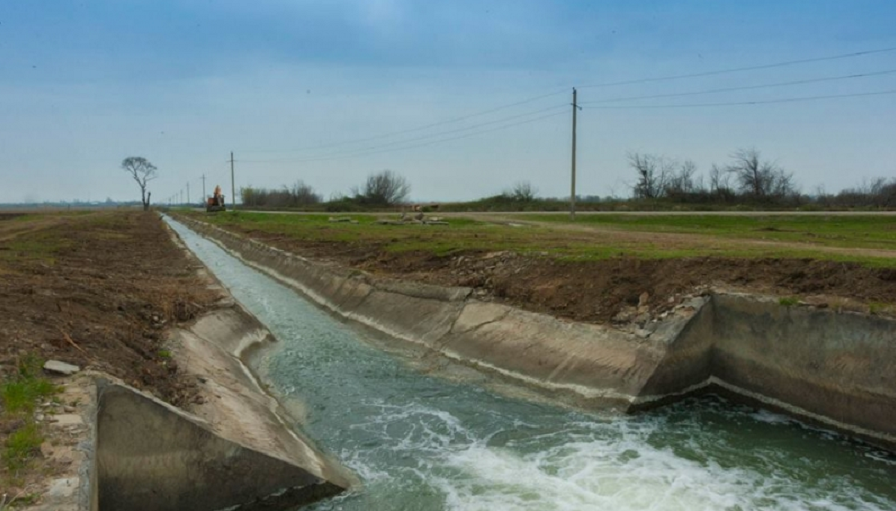
Agricultural Policy Research Center and Energy and Environment Policy Research Center are working on a Regulatory Impact Assessment (RIA) on draft Law on Irrigation/Drainage and methodology for irrigation/drainage tariff calculation in Georgia. Report will make recommendations on different policy options for developing an efficient system of Irrigation and Drainage services in the country.
Read more
APRC conducted a Regulatory Impact Assessment (RIA) on insurance reform in Georgia and provided recommendations on policy options for developing a sustainable agricultural insurance market in the country.
Read more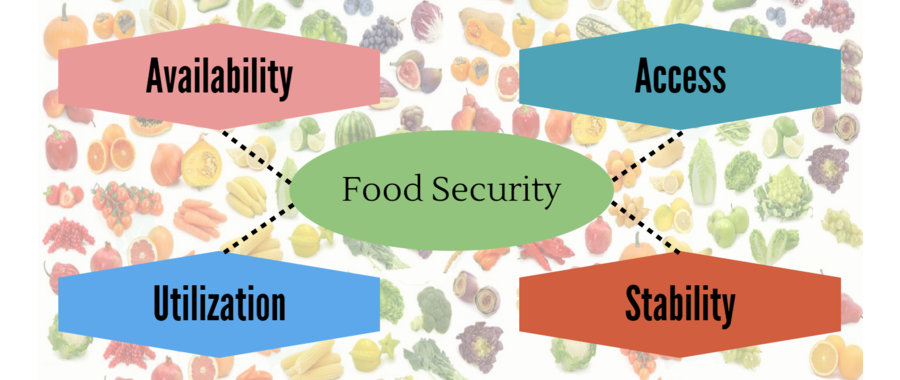
Project aims to study the best international practices of food security data collection mechanisms and map and analyze the existing mechanisms in Armenia, Azerbaijan and Georgia in terms of food security data collection. ISET-PI team is expected to compare national data collection mechanisms with international practices, identify key gaps and challenges in measuring FS and provide specific recommendations for FS data collection in three countries.
Read more
Feasibility study identifies schemes appropriate for a support by the German Financial Cooperation for investments in agro-insurance in Georgia. If implemented, the supported agro-insurance scheme(s) shall contribute to reduce the vulnerability of farmers, SME, and intermediaries engaged in agricultural activities in connection with economic damages as a consequence of bad weather events. On behalf of the German Government, KfW Entwicklungsbank (KfW )has made available financing in form of a grant to the Government of Georgia to perform a feasibility study.
Read more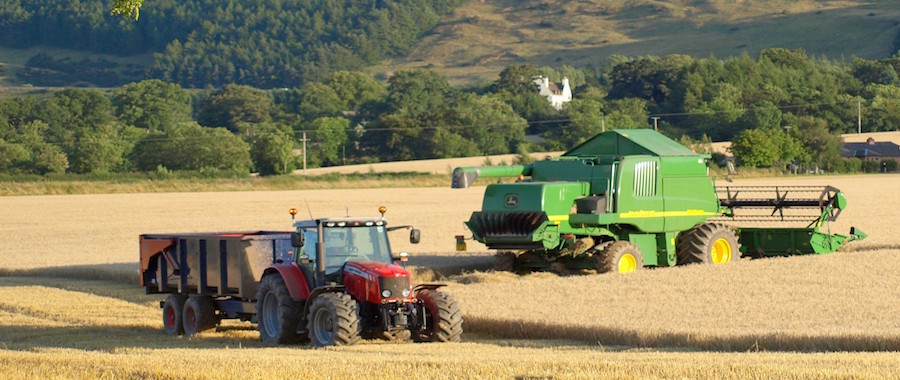
In order to assess the effectiveness of the Agricultural Card Program, APRC conducted focus group discussions with farmers and individual interviews with input suppliers and machinery service providers from different regions of Georgia were conducted in order to assess the impact. The study gives qualitative insight into the program and provides policy recommendations.
Read more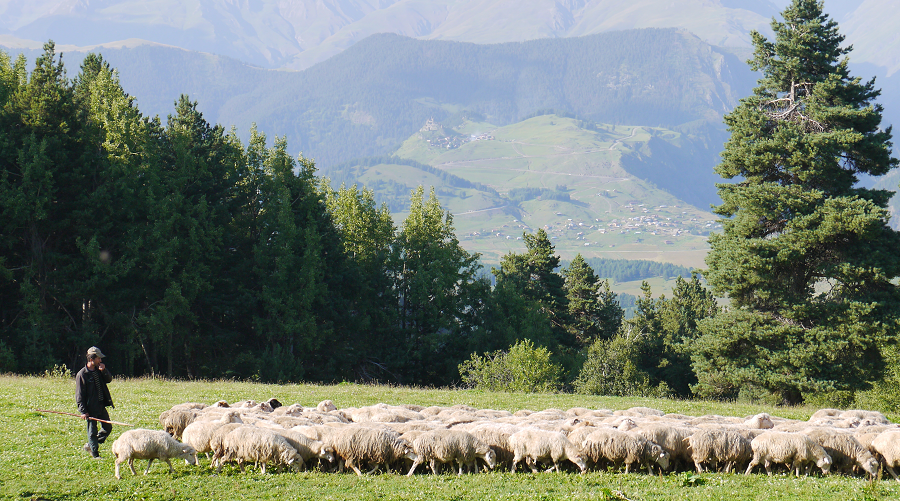
The study analyzed the sheep and sheep products value chains in Georgia, identified main constraints in the chains and gave recommendations for their further development. In March 2014, Heifer Georgia launched its “Comprehensive study on the Georgian sheep value chain” project. Heifer Project International, the umbrella organization of Heifer Georgia, intends to support the development of the Georgian sheep sector for the next decade, starting with sheep wool processing.
Read more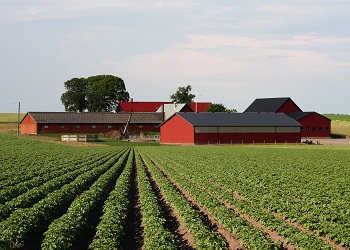
The study assesses a possible impact of USAID-funded agricultural projects in Georgia on U.S. commodity production and U.S. jobs and workers rights. USAID's yearly obligation requires confirmation that USAID-funded activities do not impact U.S. jobs and workers rights and do not result in increased competition of Georgian products with similar commodities produced in the U.S.
Read more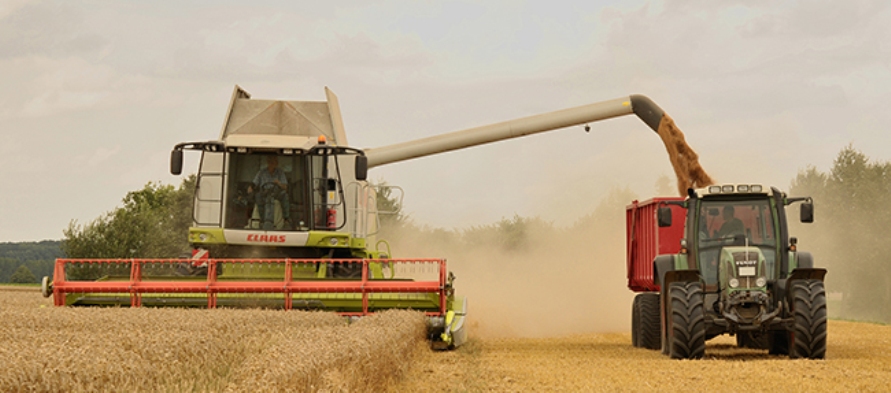
The project provides findings and policy recommendation from a series of eight case studies documenting foreign direct investment in Georgia's agriculture and food processing industry, including grape and wine production, hazelnuts, poultry, cereals and medicinal herbs, pickled fruit and vegetables, as well as apple concentrate and aroma. Each study includes a detailed discussion of relevant contextual factors concerned with the general policy and business environment such as protection of property rights; taxation.
Read more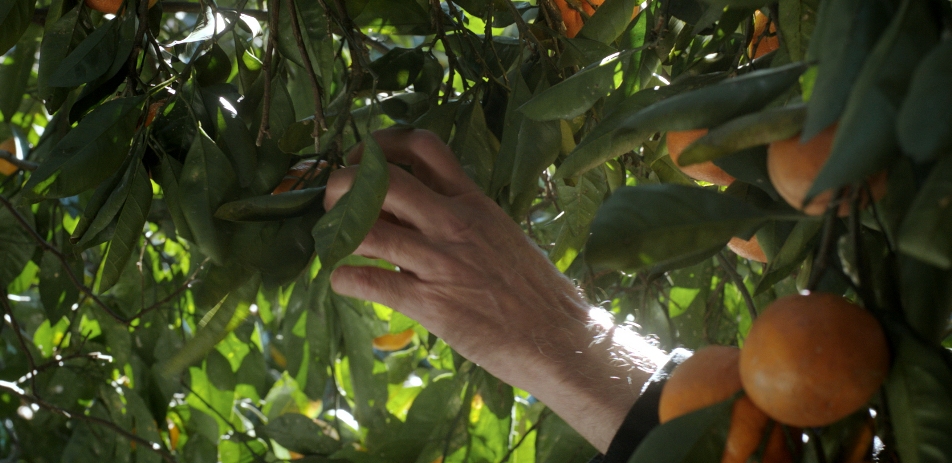
The goal of this study was to examine Georgia's agricultural export performance and make recommendations for its improvement. The study shows that the current structure of agricultural exports in Georgia is characterized by high share of processed products. Nevertheless, Georgia's agricultural export is currently concentrated on a few export products and is heavily dependent on CIS countries, being thus vulnerable to political and climate shocks.
Read more
The main objective of this project is to analyse a possible impact of imposing 20% tariff on wine export from Georgia to Russia on grape prices in Georgia. In addition, the study aims to assess the impact of this possible tariff on the incomes of grape producers in Georgia. In addition, the study aims to assess the impact of this possible tariff on the incomes of grape producers in Georgia. APRC assisted this project with searching, collecting and summarizing data on grape production, prices and wine exports over the last years.
Read more
Cost-Benefit Analysis (CBA) is an economic tool for the comparison of costs and benefits associated with various alternatives. This tool is used to systematically estimate the strengths and weaknesses of different options of investing capital. It is a technique that is used to determine options that provide the best outcomes in terms of benefits in labor, time and cost savings etc. The CBA is often used for calculating and comparing costs and benefits of a project. Upon the request of the Swiss Agency for Development and Cooperation (SDC),
Read more
In this study, the role of Family Farming was assessed with regard to three dimensions (economic, environmental and social) of sustainable development. Literature review, SWOT analysis, individual interviews with stakeholders and case studies were conducted in order to define the role of Family Farming in the sustainable development of Georgian agriculture.
Read more
The APRC is conducting a Regulatory Impact Assessment (RIA) of the Draft Law on Agritourism. Based on the findings, the RIA team will provide recommendations on policy options for implementing the proposed regulation in an inclusive and sustainable way.
Read more
What alternative energy sources can be used in mountainous regions of Georgia to ensure energy security, equity and environmental sustainability?
Read more
Assessment of the national water policy, as well as the needs and challenges associated with strengthening a long-term vision of the water policy framework of Georgia.
Read more
Mapping of the agricultural knowledge and information system actors and identification of assets and gaps in the system.
Read more
SCO looks for the opportunity to enhance the viability and competitiveness of sustainable mountain tourism development in the South Caucasus countries.
Read more
A study of the Georgian tea sector’s competitiveness has been undertaken to reveal the potential for investment.
Read more
Results of the analyses are expected to contribute to the assessment of changes in trade patterns between Georgia and CAREC countries due to upcoming EU food safety regulations and standards as well as potential costs associated with those restrictions for both parties.
Read more
Can VAT exemption on dairy products produced from domestic raw milk boost the competitiveness of Georgian dairy sector?
Read more
From September 2018 to November 2018, APRC conducted a B2B market study for a private party.
Read more
Strengthening capacity of business support organizations on DCFTA and SME related policies.
Read more
APRC conducted a Regulatory Impact Assessment (RIA) of the Draft Law on Windbreaks and provided recommendations on policy options for implementing proposed regulation in inclusive and sustainable way.
Read more
APRC conducted a research on the current situation of land registration process in Georgia, analyzed ongoing land reform and outlined the challenges of land market development in the country.
Read more
Assessment of the project effect on incomes generated in small farmer families involved in the livestock rearing in Kakheti region.
Read more
ISET-PI is working on a Regulatory Impact Assessment (RIA) on the Draft Law of Georgia on Biodiversity. This project will emphasize the consideration of Sustainable Development Goals in the RIA approach.
Read more
The main purpose of the study is to analyse the current development status of the organic hazelnut sector in the key hazelnut producing areas of Georgia (Zugdidi, Tsalenjikha, Vani) and understand entire core process of the value chain from production to processing, and marketing.
Read more
APRC will carry out an assessment of enterprise performance of agricultural cooperatives after conducted training and development programs, and will identify further steps and areas of the improvement.
Read more
APRC is working on a research to inform the Ministry of Environment and Natural Resources Protection of Georgia on the costs and benefits of climate change adaptation measures in agriculture of Georgia.
Read more
The objective of this research is to conduct a participatory evaluation of the pilot projects in Akhmeta/Tusheti region of Georgia implemented by Integrated Biodiversity Management, South Caucasus Program. Pilot measures include interventions related to spatial planning/land-use planning, winter school, sustainable forest management, sustainable pasture management and bio-engineering aiming at the sustainable management of biodiversity and ecosystem services.
Read more
This project aims to support the development of business-oriented small farmer groups (e.g., agricultural cooperatives) with the goals of increasing agricultural productivity and reducing rural poverty in Georgia.
Read more
In cooperation with French Livestock Institute, APRC has conducted a research on beef market in Georgia.
Read more
APRC is working on a research to inform the World Bank Group (WBG) on sectoral priorities in Georgia’s agriculture.
Read more
APRC is conducting a research on livestock farm- enterprise models in Kakheti to better understand current arrangements and options in livestock market system in the region.
Read more
APRC is evaluating training programs for agricultural cooperatives in Georgia and is preparing report on the findings, conclusions and recommendations for revision of training program.
Read more
The main objective of this project was to analyse the predicted potential for Georgia to specialize in the production of various agricultural goods. APRC assisted the German Economic Team within this project with regards to: searching, collecting and summarizing data, reviewing existing literature to study the potential of agricultural goods which have a relative comparative advantage compare to other.
Read more
Agricultural Policy Research Center and Energy and Environment Policy Research Center are working on a Regulatory Impact Assessment (RIA) on draft Law on Irrigation/Drainage and methodology for irrigation/drainage tariff calculation in Georgia. Report will make recommendations on different policy options for developing an efficient system of Irrigation and Drainage services in the country.
Read more
APRC conducted a Regulatory Impact Assessment (RIA) on insurance reform in Georgia and provided recommendations on policy options for developing a sustainable agricultural insurance market in the country.
Read more
Project aims to study the best international practices of food security data collection mechanisms and map and analyze the existing mechanisms in Armenia, Azerbaijan and Georgia in terms of food security data collection. ISET-PI team is expected to compare national data collection mechanisms with international practices, identify key gaps and challenges in measuring FS and provide specific recommendations for FS data collection in three countries.
Read more
Feasibility study identifies schemes appropriate for a support by the German Financial Cooperation for investments in agro-insurance in Georgia. If implemented, the supported agro-insurance scheme(s) shall contribute to reduce the vulnerability of farmers, SME, and intermediaries engaged in agricultural activities in connection with economic damages as a consequence of bad weather events. On behalf of the German Government, KfW Entwicklungsbank (KfW )has made available financing in form of a grant to the Government of Georgia to perform a feasibility study.
Read more
In order to assess the effectiveness of the Agricultural Card Program, APRC conducted focus group discussions with farmers and individual interviews with input suppliers and machinery service providers from different regions of Georgia were conducted in order to assess the impact. The study gives qualitative insight into the program and provides policy recommendations.
Read more
The study analyzed the sheep and sheep products value chains in Georgia, identified main constraints in the chains and gave recommendations for their further development. In March 2014, Heifer Georgia launched its “Comprehensive study on the Georgian sheep value chain” project. Heifer Project International, the umbrella organization of Heifer Georgia, intends to support the development of the Georgian sheep sector for the next decade, starting with sheep wool processing.
Read more
The study assesses a possible impact of USAID-funded agricultural projects in Georgia on U.S. commodity production and U.S. jobs and workers rights. USAID's yearly obligation requires confirmation that USAID-funded activities do not impact U.S. jobs and workers rights and do not result in increased competition of Georgian products with similar commodities produced in the U.S.
Read more
The project provides findings and policy recommendation from a series of eight case studies documenting foreign direct investment in Georgia's agriculture and food processing industry, including grape and wine production, hazelnuts, poultry, cereals and medicinal herbs, pickled fruit and vegetables, as well as apple concentrate and aroma. Each study includes a detailed discussion of relevant contextual factors concerned with the general policy and business environment such as protection of property rights; taxation.
Read more
The goal of this study was to examine Georgia's agricultural export performance and make recommendations for its improvement. The study shows that the current structure of agricultural exports in Georgia is characterized by high share of processed products. Nevertheless, Georgia's agricultural export is currently concentrated on a few export products and is heavily dependent on CIS countries, being thus vulnerable to political and climate shocks.
Read more
The main objective of this project is to analyse a possible impact of imposing 20% tariff on wine export from Georgia to Russia on grape prices in Georgia. In addition, the study aims to assess the impact of this possible tariff on the incomes of grape producers in Georgia. In addition, the study aims to assess the impact of this possible tariff on the incomes of grape producers in Georgia. APRC assisted this project with searching, collecting and summarizing data on grape production, prices and wine exports over the last years.
Read more
Cost-Benefit Analysis (CBA) is an economic tool for the comparison of costs and benefits associated with various alternatives. This tool is used to systematically estimate the strengths and weaknesses of different options of investing capital. It is a technique that is used to determine options that provide the best outcomes in terms of benefits in labor, time and cost savings etc. The CBA is often used for calculating and comparing costs and benefits of a project. Upon the request of the Swiss Agency for Development and Cooperation (SDC),
Read more
In this study, the role of Family Farming was assessed with regard to three dimensions (economic, environmental and social) of sustainable development. Literature review, SWOT analysis, individual interviews with stakeholders and case studies were conducted in order to define the role of Family Farming in the sustainable development of Georgian agriculture.
Read more












